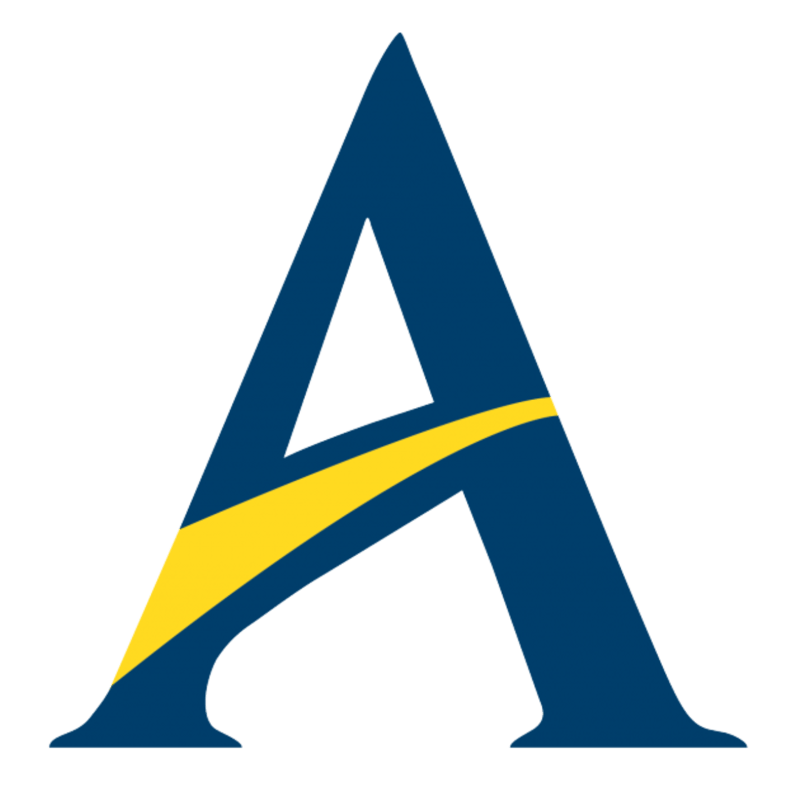
Financial aid (may be available)

Financial aid (may be available)

Financial aid (may be available)

Financial aid (may be available)
No cost info
$600 total

No cost info
$3,902 total
If you're interested in pursuing a career in Drug and Alcohol Counseling, you may be wondering what training options are available near you in Spokane. Drug and Alcohol Counseling is a rewarding field that allows you to make a positive impact on the lives of individuals struggling with substance abuse. In this blog post, we will explore the different training requirements, what to look for in a class, what to expect from the day-to-day class, the certification process, how to find related jobs, and other classes you can take after becoming a Drug and Alcohol Counselor.

Drug and Alcohol Counseling is a specialized field within the broader counseling profession. As a Drug and Alcohol Counselor, your primary role is to provide support and guidance to individuals struggling with substance abuse issues. This can include helping clients develop coping strategies, providing education on the effects of drugs and alcohol, and assisting in the recovery process.
Drug and Alcohol Counseling involves working with individuals who are dealing with addiction or substance abuse issues. Counselors help clients identify the root causes of their addiction and develop strategies for recovery. This may include individual therapy sessions, group counseling, and support groups. Drug and Alcohol Counselors also play a crucial role in educating clients about the dangers of substance abuse and providing resources for treatment and support.
To become a Drug and Alcohol Counselor, you will need to complete specific training requirements. These requirements can vary depending on the state and the level of certification you wish to achieve. In general, the training process involves the following:
Education: Most states require counselors to have at least a high school diploma or equivalent. However, many counselors choose to pursue a higher level of education, such as an associate's or bachelor's degree in counseling or a related field.
Clinical Experience: In addition to education, most states require counselors to have a certain number of supervised clinical hours. This allows counselors to gain practical experience working with clients and applying the skills they have learned in the classroom.
Certification: Once you have completed the necessary education and clinical experience, you will need to obtain certification to practice as a Drug and Alcohol Counselor. Certification requirements vary by state, but typically involve passing an exam and meeting specific criteria set by the certifying board.
When searching for Drug and Alcohol Counseling classes near you in Spokane, there are several factors to consider. Here are some things to look for:
Accreditation: It's important to ensure that the class you choose is accredited by a reputable accrediting body. Accreditation ensures that the program meets certain standards of quality and that the curriculum is up-to-date and relevant.
Experienced Instructors: Look for classes taught by experienced professionals who have a background in Drug and Alcohol Counseling. Instructors with real-world experience can provide valuable insights and practical knowledge.
Hands-on Experience: A good class should provide opportunities for hands-on learning and practical application of skills. This can include role-playing exercises, case studies, and supervised clinical experience.
Support Services: It can be helpful to choose a class that offers support services for students, such as tutoring, counseling, and career guidance. These services can enhance your learning experience and provide valuable support as you navigate your career in Drug and Alcohol Counseling.
In a Drug and Alcohol Counseling class, you can expect to learn a variety of topics and skills related to substance abuse counseling. Some common areas of study include:
Theories of Addiction: You will learn about different theories and models of addiction, including the biopsychosocial model, the disease model, and the social learning theory.
Counseling Techniques: You will learn various counseling techniques and interventions that can be used to help clients overcome addiction and develop healthy coping strategies.
Ethical and Legal Issues: Drug and Alcohol Counselors must adhere to a strict code of ethics and comply with legal requirements. You will learn about the ethical and legal considerations specific to the field of substance abuse counseling.
Cultural Competency: Substance abuse affects individuals from all walks of life. It's important for counselors to have an understanding of cultural differences and to be able to provide culturally competent care.
After completing your training, you will need to go through the certification process to become a certified Drug and Alcohol Counselor. The specific requirements for certification can vary by state, but typically involve the following steps:
Application: You will need to submit an application to the certifying board in your state. This application will include documentation of your education, clinical experience, and any other requirements set by the board.
Exam: Most states require counselors to pass a certification exam. The exam typically covers a range of topics related to substance abuse counseling, including counseling techniques, ethical considerations, and legal issues.
Supervision: Some states may require counselors to complete a certain number of supervised hours before they can become fully certified. This allows counselors to gain additional experience and guidance as they begin their careers.
Renewal: Once you have obtained your certification, you will need to renew it periodically. This typically involves completing continuing education credits and paying a renewal fee.
Once you have completed your training and obtained your certification, you will be ready to start your career as a Drug and Alcohol Counselor. Here are some tips for finding related jobs:
Networking: Build connections within the field by attending professional conferences, joining counseling associations, and reaching out to professionals in your area.
Online Job Platforms: Utilize online job platforms, such as Indeed, to search for job opportunities in your area. These platforms often have a wide range of job listings and can help you find positions that align with your skills and interests.
Local Agencies and Organizations: Contact local drug and alcohol treatment centers, community health centers, and counseling agencies to inquire about job openings. These organizations often hire counselors with a range of experience levels.
If you're interested in expanding your skills and knowledge in the field of counseling, there are several other classes you can take after becoming a Drug and Alcohol Counselor. Some options include:
Mental Health Counseling: This class focuses on the assessment and treatment of mental health disorders, such as depression, anxiety, and bipolar disorder. It can expand your career opportunities and allow you to work with a broader range of clients.
Family Counseling: Family counseling classes explore the dynamics of family systems and provide strategies for helping families navigate challenges and improve communication.
Trauma Counseling: Trauma counseling classes focus on helping individuals who have experienced trauma, such as physical or sexual abuse, accidents, or natural disasters. These classes can provide specialized skills for working with clients who have experienced traumatic events.
If you're interested in pursuing a career in Drug and Alcohol Counseling, there are many training options available near you in Spokane. By completing the necessary education and clinical experience, obtaining certification, and gaining practical skills, you can embark on a rewarding career helping individuals overcome addiction and achieve lasting recovery. For more information on Drug and Alcohol Counseling classes and other vocational training programs, visit Dreambound. Dreambound is the largest platform for students to find vocational training programs, such as allied health or industrial trades. Their mission is to provide all the information students need to find the perfect class.
Navigate the certification journey in this field with Dreambound's detailed guides, each crafted for various cities. For a deeper understanding of the process in other states, our additional guides may be able to help.
Are you exploring diverse professional opportunities? Take a closer look at these resources that Dreambound has written to help in your search.
Dreambound's platform allows prospective students to find the right educational program for them through searching, filtering, and connecting with our extensive selection of career & technical education partners.
Dreambound has over 70 programs across healthcare, technology, business, and industrial trades. This includes programs such as Medical Billing, Cybersecurity, and welding.
Some of our schools offer financial aid for those who qualify. Many others offer payment plans, where you can pay the cost of class over time.
Yes, Dreambound offers many online programs. On Dreambound's search, you can filter by online, in-person, and hybrid (part online, part in-person).
Dreambound is completely free for you to use! We are supported by schools and organizations who pay to advertise on our website, so we can offer all of our career resources for free.